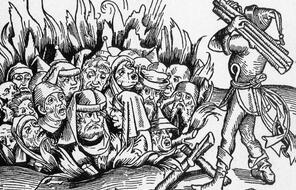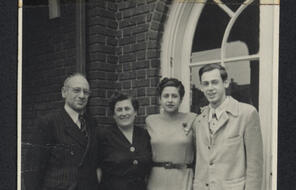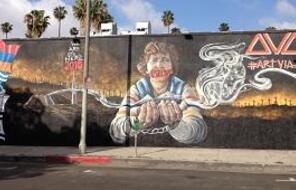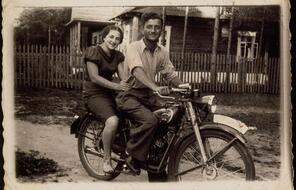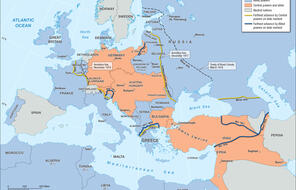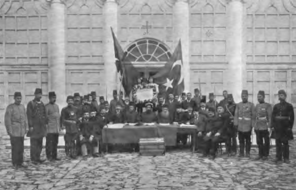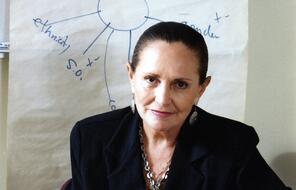Finding Confidence
At a Glance
Subject
- Civics & Citizenship
- History
- Human & Civil Rights
- The Holocaust
In the reading The “In” Group, Eve Shalen says, “Often being accepted by others is more satisfying than being accepted by oneself, even though the satisfaction does not last.” In the following passage, Cameron Tuttle explains how her need for acceptance shaped her experience when she was in high school and came to understand that she was gay.No one bullied me in high school because absolutely no one knew I was gay. Definitely not me. It took me years to figure that out.
I was one of those squeaky clean, annoyingly mainstream, overachiever types. I got good grades, did student government, sang in musicals, played team sports, and joined lots of clubs to fatten up my college applications. But even though I was popular and friends with lots of different people, I felt alone, really alone, like no one knew the real me.
How could they? I was trying so hard to be perfect.
On the outside, I was a thriving, active, make-my-family-proud, successful teenager. But on the inside, I was emotionally numb, comatose, flat-lining. My mom had died of breast cancer two weeks before the beginning of ninth grade. She was an amazing mom, loving and supportive, and she gave me enough freedom to explore who I was so I could succeed or fail with my own personal style. After she died, I was devastated. But I was determined to prove to the world and to myself that I was okay.
I found myself working really, really hard to be the best because I was scared. Scared of being different. Scared of being defective. Scared of feeling my feelings. So for years, I didn’t let myself feel.
I got a lot done in high school but I didn’t have a lot of fun. And even though I wasn’t ever bullied by other people, I was relentlessly bullied by my own thoughts and fears about who I was, how I was supposed to behave, and what would happen if I didn’t.
I actually had this pathetic idea that I would somehow let down my community—people I barely knew in the conservative, snooty neighborhood where I grew up—if I ended up being a lesbian. How ridiculous is that?
Bullying isn’t just what real people in real time say to you or try to do to you. Bullying is everywhere—it’s in the words of fearful, judgmental parents who are trying to control you. (BTW: it’s also in the words of well-meaning but misguided parents who are trying “to protect you from being hurt.”) Bullying is in the news and in government policy. It’s in the imagery of pop culture. It’s in religion. And as a result, it gets into your head.
How did it get better for me? Slowly. It helped that I went to college across the country, as far away as I possibly could go from my hometown without needing a passport.
I eventually found the guts to stand up to my inner bully, the judgmental, fearful, bossy voice in my head that kept telling me, You can’t . . . You shouldn’t . . . Don’t you dare! And then I finally found the confidence to listen to my body and to my heart and to be honest with myself.
And then I moved to New York.
When I was living there, I met tons of people who were a lot like me—squeaky-clean, annoyingly mainstream overachievers who just happened to be gay: former high-school cheerleaders, homecoming kings, class officers, student leaders, star athletes. And I realized . . . yeah, I can do this. Yeah, I can be this. And now, I love being different—in my squeaky-clean, annoyingly mainstream way. 1
Connection Questions
- How do you define “bullying”? How does Cameron Tuttle’s story add to your thinking?
- Create an identity chart for Tuttle. How might the identity chart you made for her be different from the one she would make for herself? What might be some differences between the way others see her and the way she sees herself?
- What did it mean for Tuttle to find her own voice?
- 1Cameron Tuttle, “Too Good to Be True,” in It Gets Better: Coming Out, Overcoming Bullying, and Creating a Life Worth Living, ed. Dan Savage and Terry Miller (New York: Plume, 2012), 130–32. Reproduced by permission from Cameron Tuttle.
Get the Handout
How to Cite This Reading
Facing History & Ourselves, "Finding Confidence," last updated August 2, 2016.

